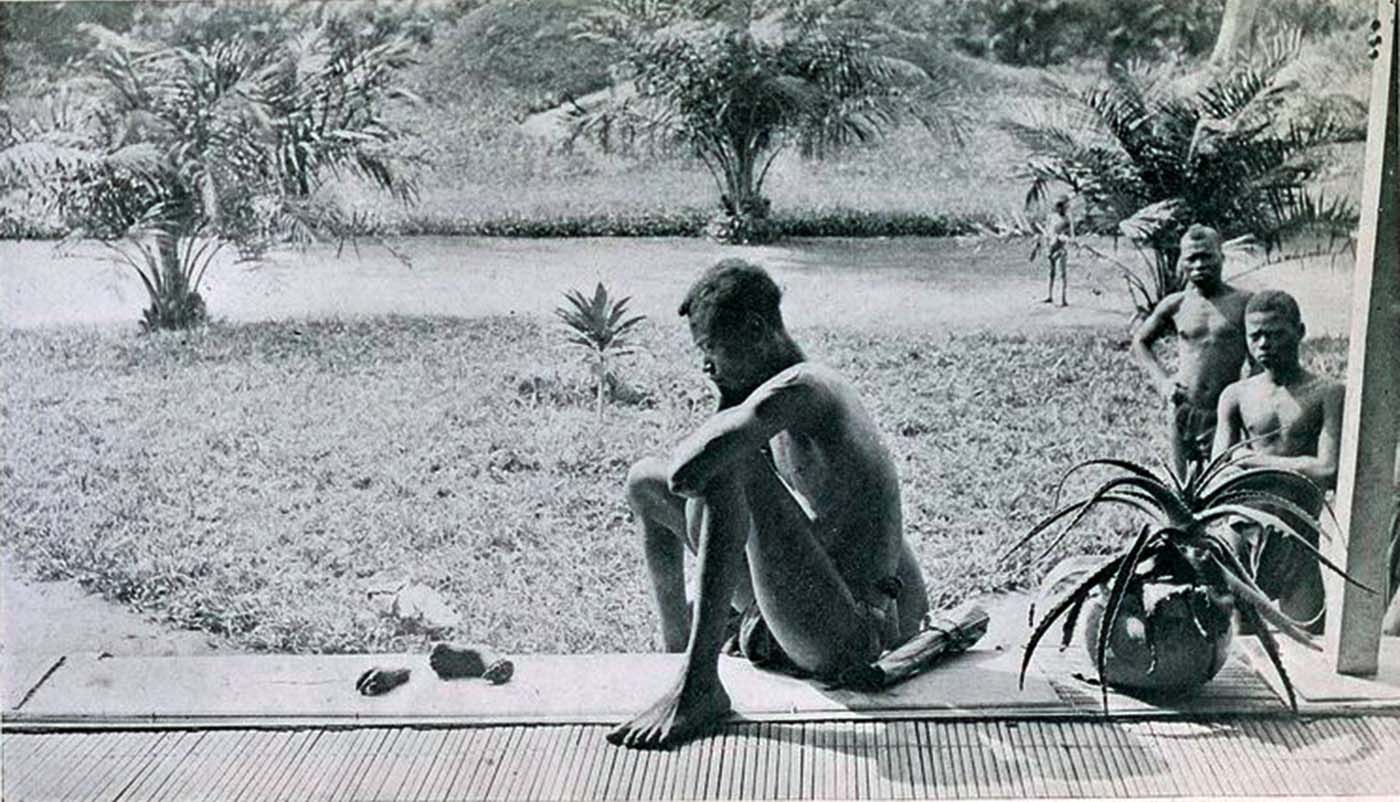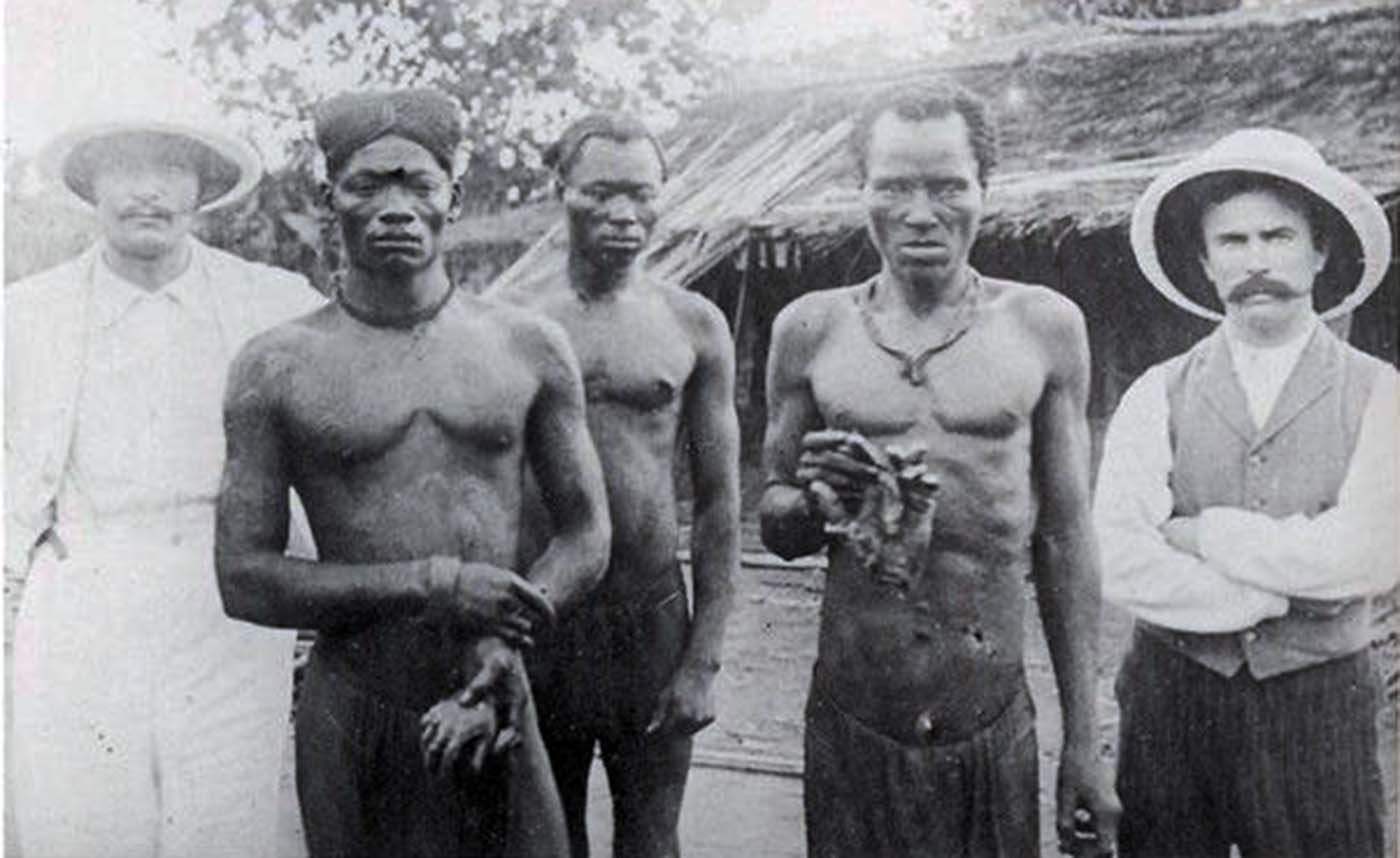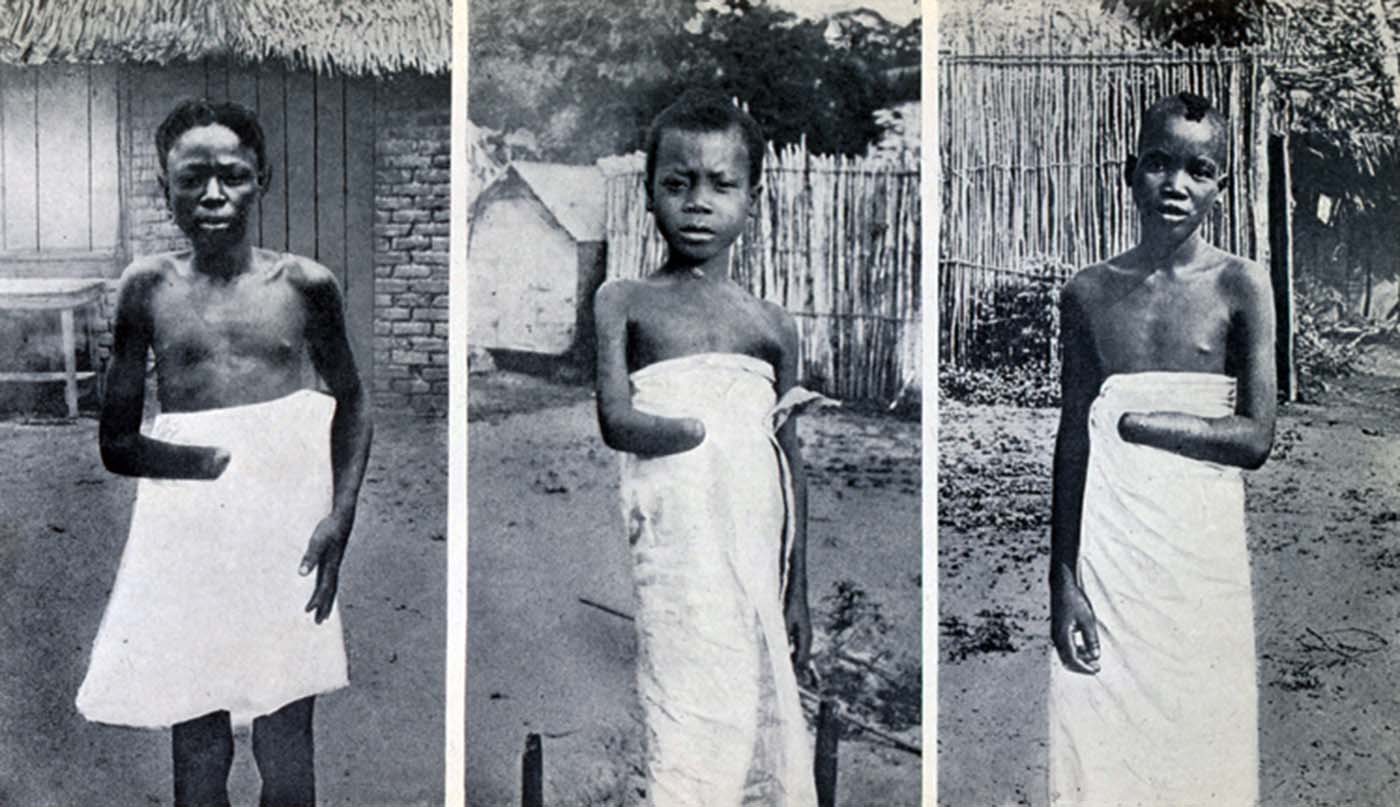
Belgian Congo was known as The Democratic Republic of the Congo after its independence in 1960. However, before her independence, between 1885 and 1908, The Congo Free State was a corporate state in Central Africa privately owned by King Leopold II of Belgium. It was founded and recognized by the Berlin Conference of 1885 before it evolved into a Belgian Colony in 1908.

DR Congo was ruled and run by European representative administrators on the King’s instruction. During this time, there was a high demand for natural rubber, creating a profit-oriented desire for King Leopold II, the Belgian ruler. He was fortunate to have an abundance of rubber trees in Congo.
To pace up the extraction and export of rubber, all empty lands were privatized, the majority were shared among private companies as grants, and the state kept some. These companies were allowed to capitalize on these grants. As a result, forced labour markets sprung about, with people being intimidated and beaten into collecting rubber. A popular method used to force workers to collect rubber involved taking women and family members hostage, thereby reducing the cost of labour and maximizing profit. The Free State’s military force, the Force Publique, controlled and enforced the labour contracts.

Rubber collection quantities were given to communities, and failure of these communities to meet their goals could be punished by death or chopping off their hands. Frequently, neighbouring villages attacked and made war with one another in a bid to get more hands as they could not meet up with their quota demands. Individual workers who refused to participate in rubber collection could be killed and entire villages razed.
A man, Nsala of Wala, was unable to meet his rubber quota and to punish him for this, the Belgian-appointed overseers cut off his daughter’s hand and foot. Her name was Boali, and she was only five years old. They then proceeded to kill her and also kill her mother. Not satisfied with this act, they went on to dismember their bodies which were then presented to Nsala.

